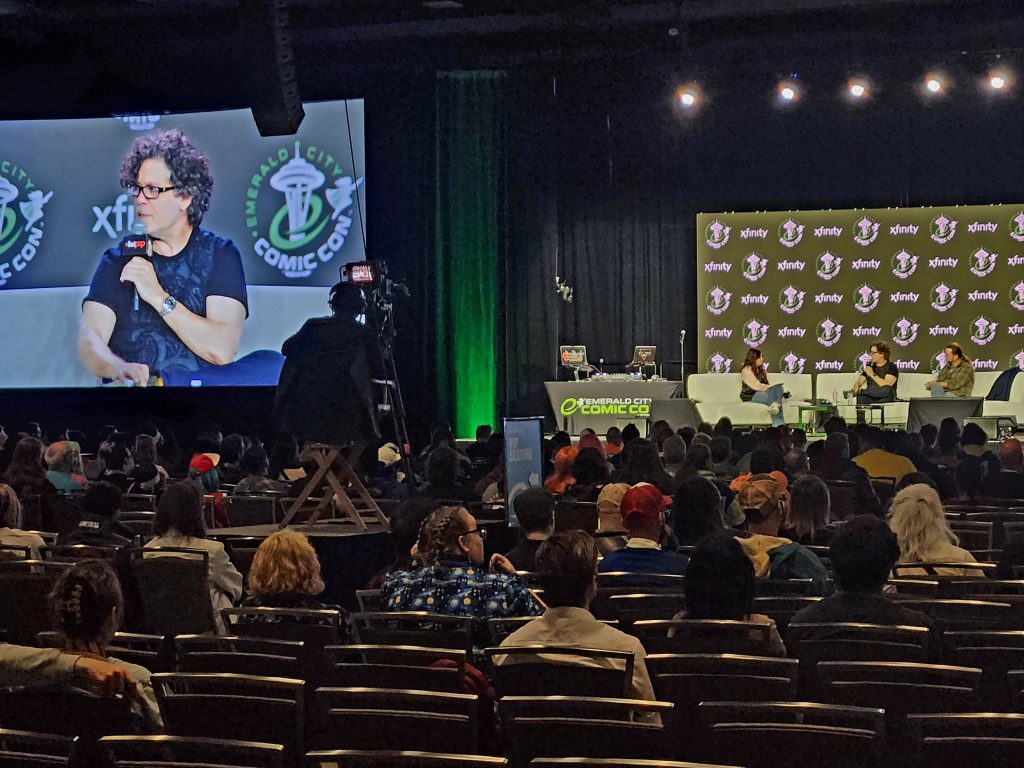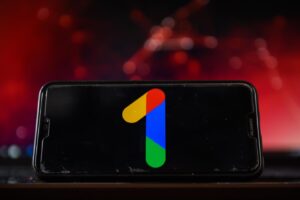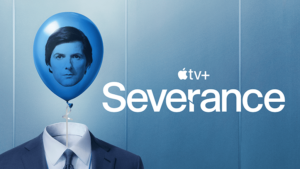AI Lacks the Artist’s Soulful Connection with the Audience

Growing Concerns Over AI in Creative Industries
By: J.A. Aleman
Artificial intelligence (AI) is becoming a major topic of discussion across various fields, but its implications in the arts have sparked significant debate. Many artists and fans are voicing their concerns about AI’s role in creativity, particularly in light of recent panels at events like Comic Con.
The Impact of AI on Artistic Growth
AI tools are being developed rapidly, leading to questions about their influence in creative processes. Some believe that while AI can be a powerful technological tool, it should not replace human creators. Skipping the traditional creative process can hinder personal growth. The fundamental experience of learning and refining a skill is essential for artists. For instance:
- In math, students start with basic concepts like addition before moving to complex problems.
- At the gym, physical fitness only comes through personal effort and practice.
When individuals bypass these steps, they may lack true understanding and appreciation of the craft. This sentiment is echoed by many artists and creatives who argue that the journey of creation is just as important as the finished product.
Voices from the Comic Con Community
At the Emerald City Comic Con (ECCC) held in Seattle in mid-March, discussions around the implications of AI on storytelling were prominent. Many comic artists shared their feelings regarding AI’s involvement in the narratives they create. For instance, Sean Schemmel, well-known for his role as Goku in “Dragon Ball Z,” emphasized the uniquely human aspect of storytelling. He stated, “I don’t want AI doing our stories because they’re human stories.” His emotional reflection showcased the pride and dedication associated with living an artist’s journey.
A panel on “AI Ethics in Comics” declared a firm stance against using AI-generated materials in the sale of comic work. The announcement received strong support from attendees, indicating a collective concern that the integrity of the arts could be compromised by AI technologies.
Gavin Guidry, a comic artist for major companies like Marvel and DC, also voiced his opinion, noting that AI cannot truly understand or replicate cultural nuances and the evolution of art. “You’ll never get a new thing out of it,” Guidry remarked, emphasizing that creativity relies on novel expressions that AI cannot achieve.
The Legal Aspect and Protecting Creators
Despite the resistance from artists, big companies continue to explore AI as a cost-effective labor alternative. While AI may speed up certain processes, it does not embody creativity. Some artists argue that even if individuals guide AI, it still amounts to borrowing from the hard work of real creators. Legal protections for artists remain a pressing issue.
Legislation is being proposed to protect creators’ rights in the age of AI. The Generative AI Copyright Disclosure Act, introduced by California Representative Adam Schiff, would require AI developers to disclose the materials used in training their systems. This could empower creators to secure compensation and recognition for their original works.
The Role of Fans and Community Support
Artists like Melissa Capriglione have voiced a collective sentiment that the use of AI is unethical in art. “We are starting to draw the line that we are not going to use AI,” she stated during a panel discussion. The support of fans remains crucial, as they are the final line of defense for artistic integrity. If consumers begin accepting AI-generated art, companies could interpret this as a lack of concern for authentic artistic expression.
At Comic Con, interactions between fans and artists highlighted a shared desire to connect with the individuals behind their favorite works. George Vega, another comic artist, remarked, “I do not think [AI] is even close to producing an award-winning comic that can connect with an audience.” This reflects a belief that audiences will ultimately recognize the value of genuine artistry over artificial creations.
Organizations like the Screen Actors Guild (SAG) are actively negotiating with industry leaders to establish guidelines that protect artists from the potential overreach of AI technology. As the creative landscape evolves with technological advancements, ensuring that the essence of art—derived from human experiences—remains intact becomes increasingly vital.






